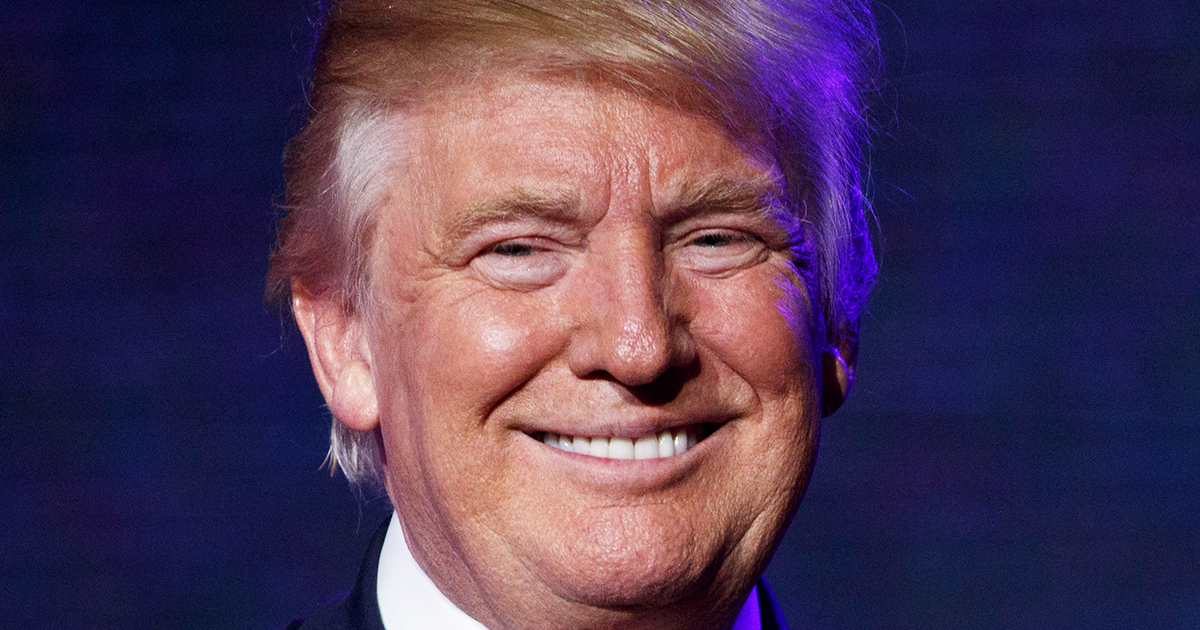Trump's Carrier Deal Reveals Shifting Republican Views on Business

By:
President-elect Donald Trump's recent deal with Carrier, a manufacturer of air conditioning and heating equipment, reveals a major shift in political attitudes towards trade.
 AP/Evan Vucci - apimages.com
AP/Evan Vucci - apimages.com
The deal, negotiated by Trump and Vice President-elect Mike Pence, kept manufacturing jobs in Indiana that were going to be outsourced to Mexico—in exchange for a big tax break.
Despite Trump claiming the deal would save "over 1,100" jobs, Carrier union leader Chuck Jones said 730 jobs were saved, accusing the president-elect of lying, the Washington Post reported Tuesday. A Carrier spokesperson told the Post 800 jobs were salvaged, far from "close to" the number it cited a week earlier.
Critics of the deal say it saved a negligible amount of jobs while encouraging companies to announce outsourcing plans as leverage in hopes of getting tax cuts in exchange for staying.
The negotiations also fly in the face of traditional Republican trade policies, with conservatives typically defending job outsourcing as the work of a free market.
Polls taken during Trump's campaign and since the election reveal that Republican attitudes toward trade are gravitating towards territory historically occupied by Democrats, with Republican support for free trade agreements eroding.
Role reversal?
Capitol Forum fellow Matt Stoller broke down the shift on Twitter.
To understand what Trump's deal means for today's political parties, it's useful to look to history.
The Democratic Party began to abandon the New Deal framework and accept a conservative pro-free-trade platform in the 1980s, Stoller writes.
Trump managed to save a number of manufacturing jobs at Carrier, which despite the short- and long-term cost of how that came to be can be spun as a win for workers.
Trump's deal gives something to a sector of American workers who felt abandoned by establishment politicians in recent decades, with trade and automation fueling declines in manufacturing jobs.
Stoller elaborates on the Democratic establishment's abandonment of economic populism in an October piece in The Atlantic.
In the years after the Nixon administration, liberalism fixated on social issues and abandoned economic populism. From The Atlantic:
"In 1974, young liberals did not perceive financial power as a threat, having grown up in a world where banks and big business were largely kept under control. It was the government—through Vietnam, Nixon, and executive power—that organized the political spectrum. By 1975, liberalism meant, as [former Michigan Rep. Bob] Carr put it, 'where you were on issues like civil rights and the war in Vietnam.' With the exception of a few new members, like [former Democratic congressmen George] Miller and [Henry] Waxman, suspicion of finance as a part of liberalism had vanished."
Though Democrats continued to disagree with Republicans on tax policy, neoliberals abandoned calls to regulate the private sector. From the Atlantic:
"Neoliberals, while agreeing with Reagan Republicans on a basic view that the structure of corporate America should be as depoliticized and as shielded from voters as possible, still vehemently opposed Ronald Reagan on environmental policy, foreign policy, and taxes. But the very idea of competition policy, of inserting democracy into the economy, made no sense to them. Previously, voters had expected politicians to do something about everything from the price of milk to mortgage rates. Now, neoliberals expressed public power through financial markets."
This shift destabilized American politics and left the country vulnerable to an authoritarian like Trump to step in, Stoller writes.
It will be crucial for both parties to address economic issues in the years that come, he asserts.
Progressives, like Senators Elizabeth Warren and Bernie Sanders, have led the charge to revive the Democratic Party's economic populist agenda. A Trump presidency makes this revival a necessity.
